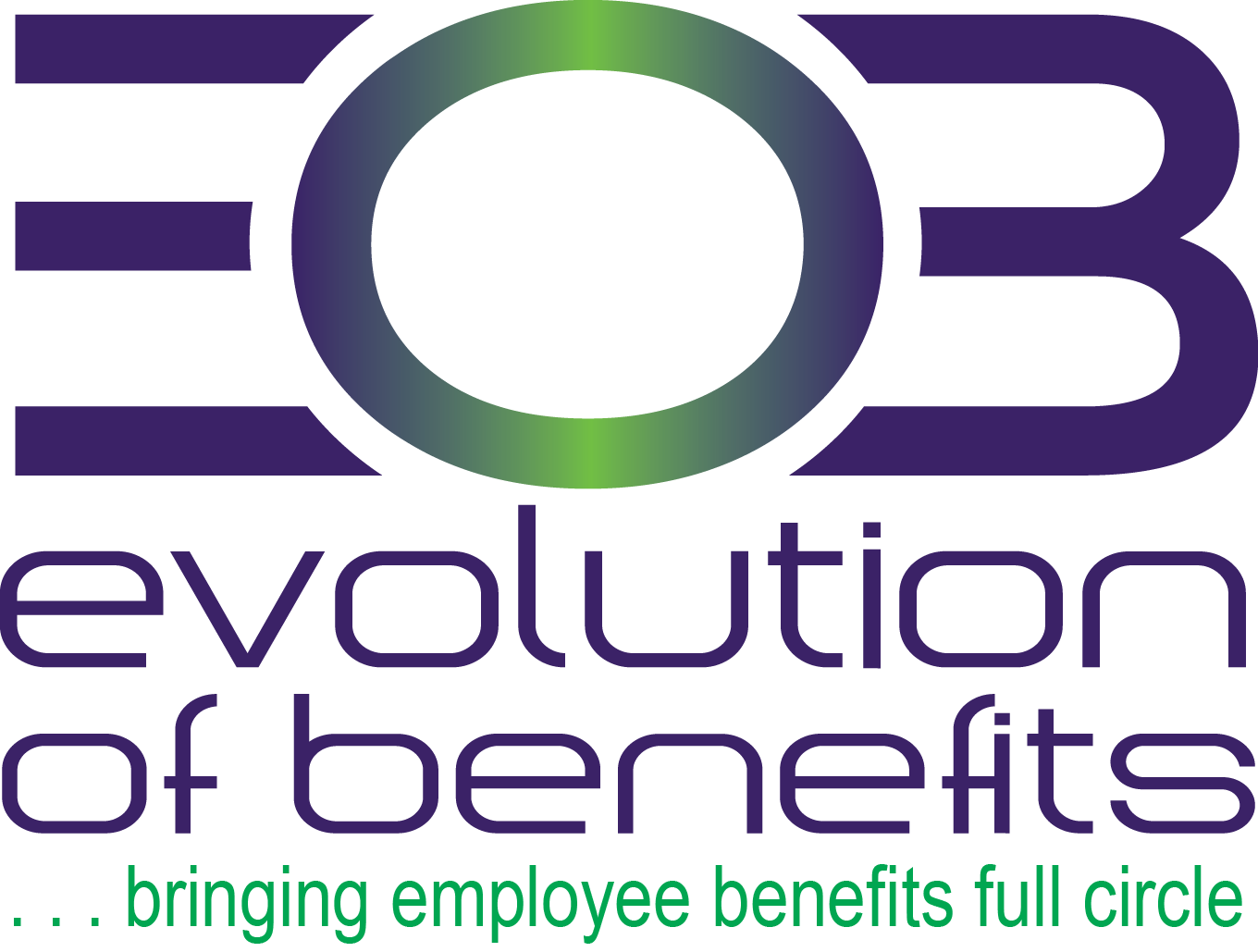Breast Cancer Awareness Month

Breast cancer is the second-leading type of cancer among American women, behind skin cancer. In fact, nearly 1 in 8 women will develop breast cancer during their lives—the disease can also affect men, although it’s considered rare. So, if you’re a woman, don’t ignore your breast health.
October is Breast Cancer Awareness Month, meaning now is when you should learn about this serious disease, its risk factors and symptoms.
View and download the Breast Cancer Awareness of the Month Information
Posted on October 3, 2022 by EOB
National Kidney Month

Thirty-three percent of U.S. adults are at risk for kidney disease, but most don’t even know it. There are numerous physical signs of kidney disease, but most people attribute them to other conditions. It’s even more critical to understand your kidney health during the pandemic, as kidney disease also puts you at an increased risk of developing life-threatening complications from COVID-19.
Keep in mind that March is National Kidney Month, making it a great time to take charge of your health to lower your chances of developing kidney disease. Your kidneys filter your blood to remove waste and extra water to create urine. They also make vital hormones that produce red blood cells, promote bone health and regulate your blood pressure. Kidney tests are the best way to determine how well your kidneys work if you’re at risk for disease.
Contact us for more information about kidney health and warning signs.
Take action: View and download the latest National Health Observance newsletter – PDF
Posted on February 28, 2022 by Evolution of Benefits
National Birth Defects Prevention Month

About 1 out of every 33 babies in the United States is born with a birth defect. These can be minor or severe, ranging from structural (e.g., cleft lip or spina bifida) to functional and developmental (e.g., Down syndrome or cystic fibrosis).
January is National Birth Defects Prevention Month. While not all birth defects can be prevented, there are some ways to increase your chances of having a baby not affected by congenital conditions or disabilities. It comes down to being your healthiest self both before and during pregnancy. Keep in mind that whatever’s best for you is best for the baby. The Centers for Disease Control and Prevention recommends that you see your health care provider regularly and start prenatal care as soon as you think you may be pregnant.
Take action: View and download the latest National Health Observance newsletter – PDF
Posted on January 4, 2022 by Evolution of Benefits
American Diabetes Awareness Month

American Diabetes Month
More than 34 million people in the United States have diabetes—95% have Type 2 diabetes, while the remaining 5% have Type 1. Both types of diabetes center around the inability to control one’s blood sugar. American Diabetes Month is intended to raise awareness about this serious disease.
While you can’t prevent Type 1 diabetes, Type 2 diabetes is largely preventable. Making the following six lifestyle changes can greatly reduce your risk of developing the disease:
- Manage your weight.
- Increase your activity level.
- Talk with your doctor about your risks.
- Monitor your carbohydrate intake.
- Maintain a healthy diet.
- Choose whole grains.
Take action: View and download the latest National Health Observance newsletter – PDF
Posted on October 28, 2021 by Evolution of Benefits
National Childhood Obesity Awareness Month

Nearly 20% of American youth (13.7 million children) between the ages of 2 and 19 are considered
obese, according to the Centers for Disease Control and Prevention. As a result, public health officials
have declared childhood obesity a national epidemic.
That’s because overweight children are at a much greater risk for health problems now and in the future
than children who are within a healthy weight range. And pretending the issue doesn’t exist only hurts
children more. In fact, the longer a child remains overweight, the greater their risk for developing
serious long-term health problems, such as Type 2 diabetes, high blood pressure and high cholesterol.
Fortunately, childhood obesity can be prevented and reduced through healthy eating and regular
physical activity. Prevention is easier and more effective when parents promote healthy eating and
exercise habits at an early age, and incorporate them into their family’s lifestyle.
Take action: View and download the latest National Health Observance newsletter – PDF
Posted on August 31, 2021 by Evolution of Benefits
National Immunization Awareness Month

Vaccines protect against deadly diseases like tuberculosis, measles and the flu. Unfortunately, not everyone can receive the protection of a vaccine (like individuals with compromised immune systems), which makes it even more critical to receive vaccinations if you can. The more people with vaccinations, the harder it is for illnesses to spread.
A vaccination encourages your body to produce antibodies—special agents of the immune system that attack harmful elements, like viruses. These antibodies quickly learn how to fight off a particular disease, like the flu, which can be invaluable if you’re ever exposed to it.
The Centers for Disease Control and Prevention provides a recommended vaccination schedule for infants and children up to age 6, and a separate one for preteens and teens ages 7-18. If you or your child misses a vaccination, ask your doctor about a catch-up schedule.
Take action: View and download the latest National Health Observance newsletter – PDF
Posted on August 2, 2021 by Evolution of Benefits
Alzheimer’s and Brain Awareness Month

Alzheimer’s is a form of dementia that progressively erodes memory and creates behavioral problems. It currently affects an estimated 5.5 million people, with the vast majority being age 65 or older. However, the true number of undiagnosed cases is unknown. Sadly, there is no known cure for this disease, but there are organizations dedicated to finding one.
With that goal in mind, the Alzheimer’s Association raises awareness and funds to help research the disease, and care for and support those affected by it. If you or a loved one are living with signs of Alzheimer’s, or if you’re interested in finding ways to spread awareness, visit www.alz.org for caregiving resources and information.
Take Action
Awareness only goes so far toward improving your health—you also need to take action. Use this section to track your weekly progress as you establish your healthier lifestyle.
Week 1 (5/30-6/5) – Create a wellness plan
What do you want to improve this month? Set a short-term health goal and a plan for achieving it.
Week 2 (6/6-6/12) – Get started
Are you ready? Begin your plan and stick to it.
Week 3 (6/13-6/19) – Look for improvement
How are you doing? Think about what’s working with your plan and if you need to adjust it.
Week 4 (6/20-6/26) – Keep going
Are the adjustments helping? Continue with your revised plan and finish the month strong.
Week 5 (6/27-7/3) – Reflect
Did you reach your goal? Consider what worked with the plan and what should change next month.
Take action: View and download the latest National Health Observance newsletter – PDF
Posted on May 31, 2021 by Evolution of Benefits
Skin Cancer Prevention Month

Do you know what your largest organ is? No, it’s not your intestines or your lungs. Believe it or not, it’s actually your skin. Despite this, many people forget about their skin when it comes to personal maintenance.
Perhaps it’s not surprising, then, that skin cancer is the most common type of cancer in the United States, affecting 1 in 5 Americans. The good news is that it’s also very curable. In fact, skin cancer can almost always be cured when found and treated early. That’s why taking preventive measures is so important.
Speak with your doctor or dermatologist about a skin care regimen that’s right for you. Simply applying sunscreen daily may be enough to reduce your risk.
Take action: View and download the latest National Health Observance newsletter – PDF
Posted on May 2, 2021 by Evolution of Benefits
Alcohol Awareness Month

Learn more and take action
Consuming too much of anything is bad for you, but alcohol is among the worst. Over-indulging in alcohol increases your risk for injuries, disease and even some types of cancer. That’s why it’s so important to practice responsible drinking habits.
With this in mind, consider the following tips:
- Set a reasonable drinking limit for yourself when enjoying a night out, and encourage friends to do the same.
- Talk to your doctor about your drinking habits, and discuss potential long-term effects.
- Always have a designated driver or a plan for safely traveling when out drinking (e.g., taxi).
- Know your limits and don’t exceed them.
Practicing responsible drinking now will help you keep the good times rolling years down the road. Visit www.samhsa.gov to learn more about substance dependency and where to find help limiting your alcohol consumption.
Take action: View and download the latest National Health Observance newsletter – PDF
Posted on March 31, 2021 by Evolution of Benefits
Colorectal Cancer Awareness Month

Learn more and take action
Colorectal cancer can affect everyone, regardless of race, age or gender. It’s one of the leading causes of death in the United States, and it’s especially dangerous for those ages 50 and older. Luckily, regular screenings can help prevent the majority of cases. The problem is that many people don’t get screened or don’t know what to look for.
Symptoms of colorectal cancer include a change in bowel habits, such as frequent diarrhea and constipation, continuing abdominal cramps, bloating and gas, and rectal bleeding found in stool. If you notice any of these symptoms, it’s important to be screened right away.
Take action: View and download the latest National Health Observance newsletter – PDF
Posted on February 28, 2021 by Evolution of Benefits
Client and Employee Resources
![]() The more your employees understand your benefit plans the more they become educated, empowered consumers. The programs you provide will also gain an enhanced value.
The more your employees understand your benefit plans the more they become educated, empowered consumers. The programs you provide will also gain an enhanced value.
As your strategic partners in employee benefits, we can provide multiple avenues of ongoing support, including:
- Employee Meetings (English and Spanish)
- Webcasts
- Payroll Stuffers
- Poster Campaigns
- Newsletters
Recent Posts
- Employee Engagement Tips for Small Businesses April 15, 2025
- CMS Finalizes Revised Simplified Determination Method for 2026 Creditable Coverage Determinations April 15, 2025
- DOL Updates Model Employer CHIP Notice April 15, 2025
- HR Insights – Engaging Generation Z in the Workplace April 15, 2025
- Stress Vs. Anxiety April 15, 2025
- Celebrate National Pet Day by giving your furry friend extra love! Show off those pets 🐾💛 April 11, 2025
- Recipe of the Month – Pineapple Chicken (April) April 11, 2025
- Staying Educated on Mental Health Benefits April 11, 2025
- ‼️USCIS Updates Form 1-9 and E-Verify‼️ April 9, 2025
- ⚕Mental Health Care Benefits Strategies⚕ April 9, 2025
Newsletter and Article Categories
E-Verify is a web-based system that allows enrolled employers to confirm the eligibility of their employees to work in the United States. Click the image below to begin.




















